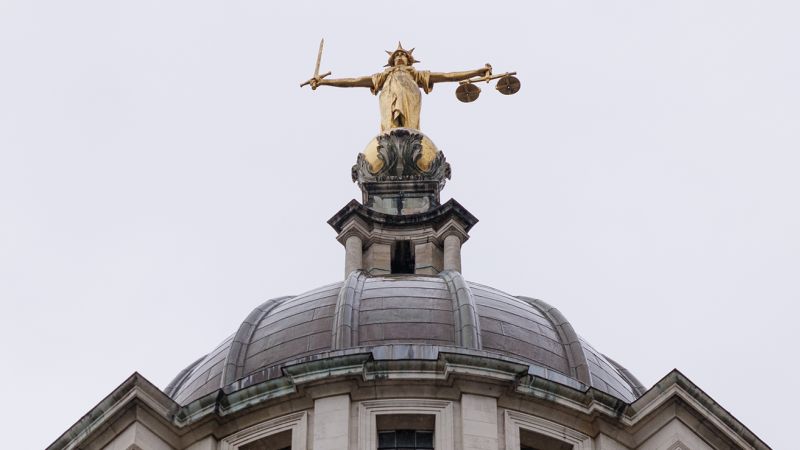The creation of sexually explicit deepfake content is set to become a criminal offense in England and Wales as concerns rise over the use of artificial intelligence to exploit and harass women. The UK justice department announced a draft law that would make it illegal to create such content without the subject’s consent, even if it is not shared. Deepfakes are images and videos manipulated using AI to make it seem like someone is doing or saying something they haven’t. This new law aims to address the growing issue of deepfake exploitation and harassment of women.
Laura Farris, the UK’s Minister for Victims and Safeguarding, stated that England and Wales would likely be the first countries to ban the creation of sexually explicit deepfakes. The draft law includes both pornographic images and nude deepfakes, regardless of whether the subject is involved in erotic activities. The devolved governments of Scotland and Northern Ireland have not yet responded to whether they will introduce similar legislation to address this issue.
The new offense will be added to the Criminal Justice Bill in England and Wales, making it a criminal offense to create sexually explicit deepfakes of adults without their consent. Last year, changes to the Online Safety Act also made it illegal to share deepfake sexual images in these countries. The new rule applies only to adults, as creating deepfake sexual images of minors is already a crime under existing laws in England and Wales.
The creation of deepfakes has led to incidents like super-imposing women’s faces onto explicit images without their consent. Even high-profile figures like Taylor Swift have been victims of such practices. In the United States, lawmakers have introduced a draft civil law allowing victims of sexually explicit deepfakes to sue those responsible for creating and sharing the content without consent. Similar proposals have been made in the European Union to criminalize the creation of sexually explicit deepfakes.
UK Minister Laura Farris emphasized that deepfakes are used to degrade and dehumanize others, especially women. The new offense aims to send a clear message that creating such material is immoral, often misogynistic, and a crime. Meta, the owner of Facebook and Instagram, announced plans to review its handling of deepfake pornography following incidents involving explicit AI-generated images of female public figures in the US and India circulating on its platforms. The Meta Oversight Board also noted that deepfake pornography is increasingly used for gender-based harassment online.
Overall, the introduction of a criminal offense against the creation of sexually explicit deepfakes in England and Wales aims to address the exploitation and harassment of women through AI technology. This new law will complement existing legislation criminalizing the sharing of deepfake sexual images while focusing on protecting adult victims. The global efforts to combat deepfake exploitation and harassment underscore the need for legal measures to hold perpetrators accountable and protect individuals’ privacy and dignity.













